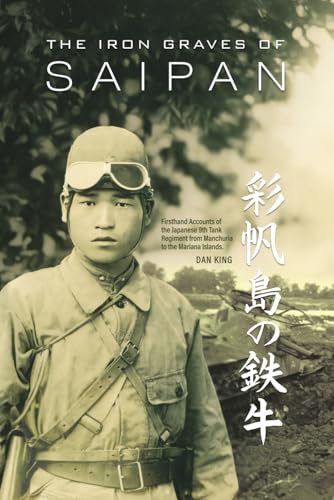
Japanese Tanks and Armoured Warfare 1932-45
by David McCormack
"A Military and Political History"
Popularity
4.38 / 5
* A book's popularity is determined by how it compares to all other books on this website.
Where to buy?
Buy from Amazon* If you buy this book through the link above, we may receive a small commission at no extra cost to you.
Japanese Tanks and Armoured Warfare 1932-45 by David McCormack
Details
War:
World War II
Perspective:
Tanks
Biography:
No
Region:
Asia
Page Count:
176
Published Date:
2021
ISBN13:
9781781558102
Description
Brief Summary
Japanese Tanks and Armoured Warfare 1932-45 by David McCormack provides a comprehensive history of Japan's tank forces, tracing their evolution from 1918 until their disbandment in 1945. The book delves into development, production, deployment, and combat operations during this period. McCormack encourages readers to reconsider the commonly held perspectives on the effectiveness and impact of Japanese tanks in warfare.
Main Themes and Topics
The book focuses on the development and operational use of Japan's armored forces throughout the early to mid-20th century. A significant theme is the disparity between the perceived and actual capabilities of these forces. McCormack addresses how Japan's industrial and strategic limitations influenced the design and utility of their tanks. Additionally, the narrative explores Japan's strategic doctrines in armored warfare and how these evolved in response to various military engagements and technological advancements.
Writing Style and Tone
David McCormack adopts an analytical and persuasive writing style, aiming to challenge pre-existing beliefs about Japanese armored forces. His tone is authoritative yet accessible, guiding readers through complex historical and technical details with clarity. The author effectively balances factual data with interpretative insights, making the book suitable for both academic readers and military history enthusiasts.
Criticism
While the book is informative and well-researched, some readers may find the detailed technical descriptions of tank specifications and military operations overwhelming if they are not already familiar with military terminology. Additionally, the book's focus on reappraisal might seem repetitive to those already well-versed in the subject. However, these criticisms do not overshadow the book's overall contribution to the field of military history.









